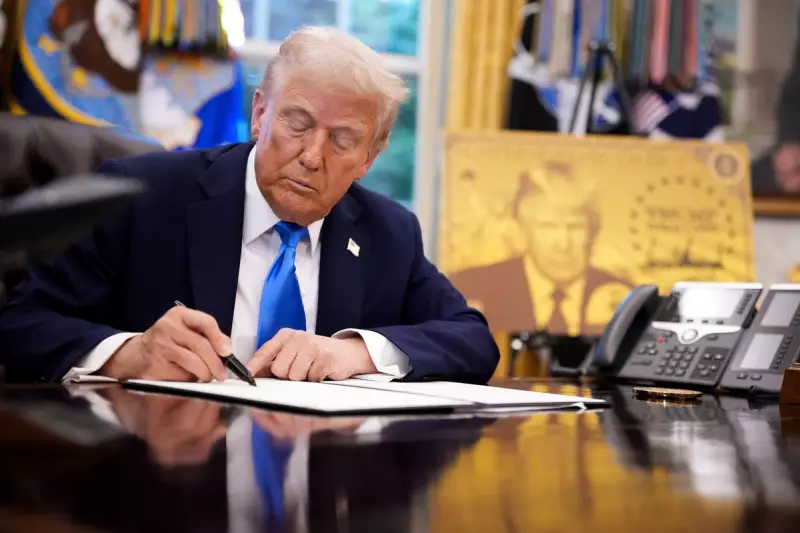
In a move that could significantly impact the technology sector and skilled immigration to the United States, former President Donald Trump has unveiled a controversial proposal to dramatically increase fees for the H-1B visa programme.
The plan, which forms part of his 2024 presidential campaign agenda, seeks to raise the cost of these popular work permits for foreign specialists. The generated revenue is earmarked for a signature Trump project: the construction of a wall along the US-Mexico border.
The Financial Impact on Companies and Workers
The proposed fee structure represents a substantial financial burden for American companies that rely on international talent. Currently, the standard fee for processing an H-1B visa application is significantly lower than what Trump is suggesting. This hike would directly affect tech giants, startups, and other industries that employ foreign engineers, scientists, and IT professionals.
This policy shift is framed by the former president as a measure to protect American jobs and generate funds for border security. However, critics argue it could stifle innovation and make the US less competitive in the global race for top talent.
A Broader Immigration Agenda
The visa fee proposal is not an isolated policy but part of a comprehensive and hardline immigration platform. Key elements of this agenda include:
- Mass deportations: An aggressive plan to remove millions of undocumented immigrants.
- Travel bans: Reinstating and expanding restrictions on travel from certain Muslim-majority nations.
- Border security: Prioritising the completion of the southern border wall.
- ‘Ideological Screening’: Implementing strict vetting processes for all immigrants.
This platform signals a return to the core immigration policies that defined Trump's first term in office, emphasising a America-first approach to labour and national security.
Industry and Political Reaction
The proposal has been met with immediate concern from the technology industry, which has long been a major beneficiary of the H-1B programme. Many executives argue that such a fee increase would act as a punitive tax on innovation, ultimately harming American companies and potentially driving jobs to competitors in Canada and Europe.
Political analysts suggest this policy is designed to appeal to Trump's conservative base, reinforcing his stance as a candidate committed to stringent immigration control. The debate is set to intensify as the 2024 election approaches, placing high-skilled immigration firmly in the political spotlight.






